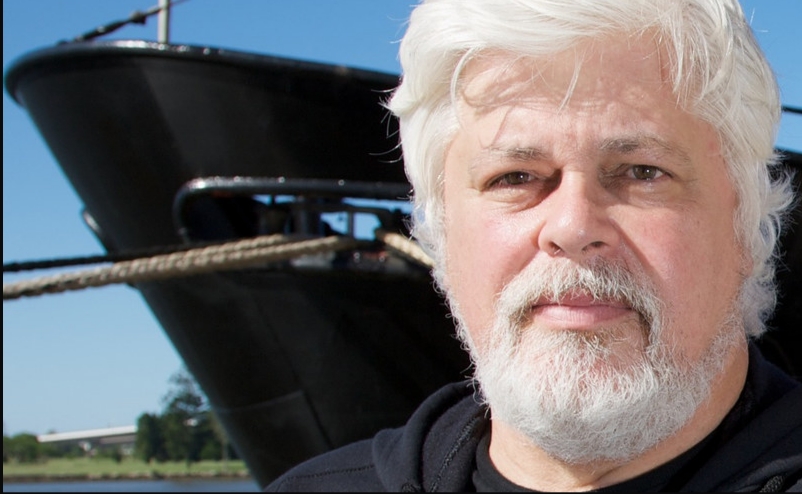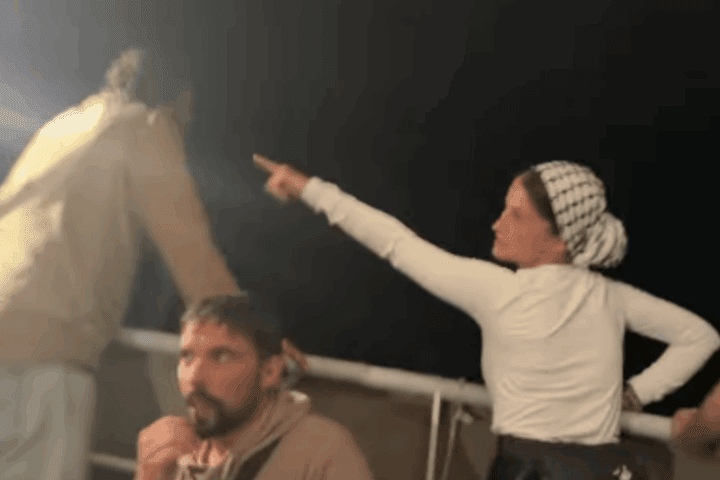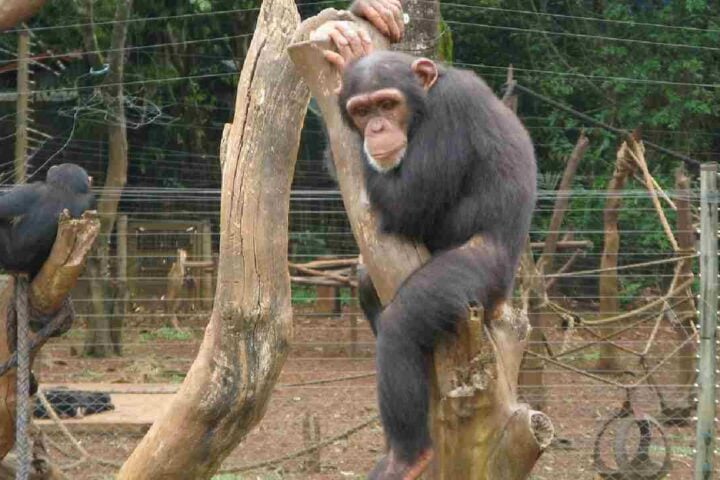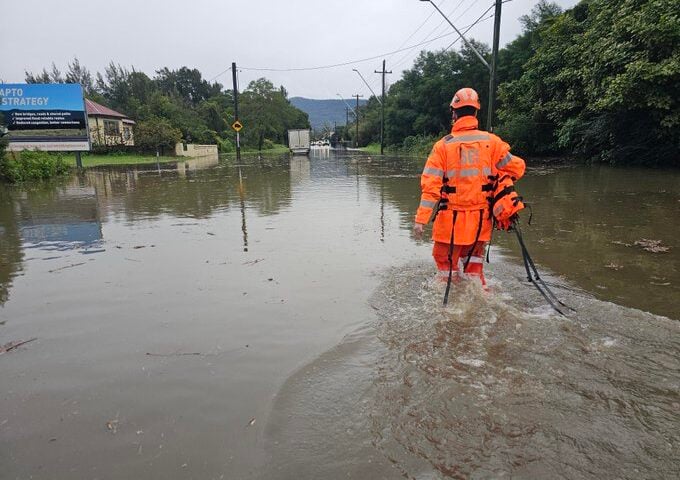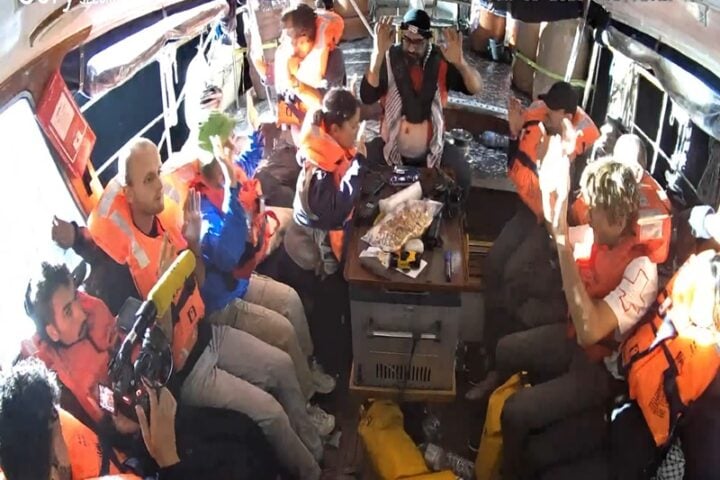Whale conservation has never been a low-stakes game. For decades, the name Paul Watson has been synonymous with radical action to protect marine life. But now, the 73-year-old environmental warrior stands at the crossroads of an international legal battle, potentially facing 15 years in a Japanese prison. It is a case that is not just about the law; it is about ethics, politics, and the future of global environmental activism.
Watson, the co-founder of Greenpeace, and founder of the Sea Shepherd Conservation Society, was arrested in Nuuk, Greenland, on 21st of July, 2024. His arrest stems from a decade-old international warrant issued by Japan, accusing Watson of causing damage to a whaling ship in 2010. Watson’s tools in this anti-whaling mission were often unconventional—stink bombs and obstructive maneuvers.But the goal was clear: stop the whaling industry in its tracks. Now, the charges against him include complicity in assault and trespassing on a ship.
What is tricky here is that Denmark, of which Greenland is an autonomous territory, has found itself caught between honouring an international warrant and balancing its human rights stance. What complicates the matter further is that Japan does not have a formal extradition treaty with Denmark. Danish authorities are now tasked with making a tough decision. “Denmark is in a very difficult place,” Watson himself acknowledged from his cell in Nuuk, where, ironically, he watches whales pass by from his window.
Watson is not going down quietly, nor are his supporters. Activists and celebrities like Brigitte Bardot and James Cameron have spoken out, demanding his release. French President Emmanuel Macron has openly opposed Watson’s extradition. Backing Watson’s cause are over 100,000 signatures from online petitions, calling his arrest and extradition request “politically motivated.”
An Ethical Dilemma on the High Seas
Watson’s case isn’t just legal—it’s deeply moral. Japan has long defended its whaling industry under the banner of cultural heritage, claiming that whale hunting is a sustainable practice rooted in tradition. But Lamya Essemlali of Sea Shepherd France argues that- this case is about revenge. Japan is allegedly targeting Watson for his role in exposing their so-called “scientific whaling” at the International Court of Justice (ICJ) in 2014. At the time, the court ruled against Japan, instructing the country to cease its whaling operations in the Southern Ocean, which were found to be a guise for commercial hunting.
The ethics of whaling are fraught with complexity. Whales, as highlighted by renowned zoologist Jane Goodall, are highly intelligent and sentient beings. They form intricate social bonds, exhibit emotional depth, and communicate through sophisticated methods. “The whaling industry, whether for commercial or supposedly scientific purposes, is cruel and immoral,” she stated in support of Watson. Her words echo a broader sentiment held by many environmental activists: whales matter not just as a species but as individuals.
Similar Posts
A Shrinking Industry in a Changing World
While Japan defends its whaling activities, the reality of the whaling industry hints towards a decline. A study by the International Fund for Animal Welfare in 2013 found that whaling is “an unprofitable business that can survive only with substantial subsidies.” The market is shrinking, and even the Japan Whaling Association has suggested that the country should pivot toward promoting whale watching as a more sustainable economic activity for coastal communities. Yet, the battle rages on.
In 2019, Japan formally withdrew from the International Whaling Commission (IWC) and resumed commercial whaling within its exclusive economic zone. Norway and Iceland have similarly continued whaling under their own regulations, despite global opposition. Countries like Denmark also grapple with their own contradictions. The Faroe Islands, a Danish territory, continue to engage in whaling, further complicating Denmark’s position in the Paul Watson case.
Watson’s Defense and the Stakes for Activism
Watson’s legal team isn’t backing down either. They’ve presented video evidence showing that no crew members were on the Japanese whaling ship’s deck at the time of the stink bomb incident, contradicting Japan’s claim that Watson injured a crew member. This defence, combined with the global outcry for his release, suggests that this case is as much about silencing activism as it is about enforcing the law.
Watson has never been one to mince words. He has described Sea Shepherd as “an enforcement organisation,” not an activist group. As early as 1977 Watson set up the strategy of “aggressive non-violence.” He described it as having to “aggressively intervene but to not cause any injury to the people you’re intervening against.”
This isn’t the first time Watson has faced arrest for his actions. In 2012, he was detained in Germany on a Costa Rican warrant related to similar anti-poaching activities but skipped bail after learning Japan was also seeking his extradition. Since then, Watson has lived in various countries, continuing his fight against whaling and ocean exploitation.
Denmark’s Legal Quandary
As the September 5, 2024, decision on Watson’s extradition looms, Denmark’s legal system is under the microscope. The stakes are high—not just for Watson but for environmental activism worldwide. Extraditing Watson could set a dangerous precedent where governments use international warrants to stifle activism, while refusing to do so could strain Denmark’s diplomatic relations with Japan.
What happens next? If Denmark bows to Japan’s request, Watson could spend the rest of his life in a Japanese prison. If they refuse, Denmark may bolster its standing as a defender of human rights, but at a potential diplomatic cost. As Watson watches whales pass by his cell window, the world watches too. His fight for ocean conservation, wrapped in layers of legal and ethical debate, is a battle that resonates far beyond the seas.
